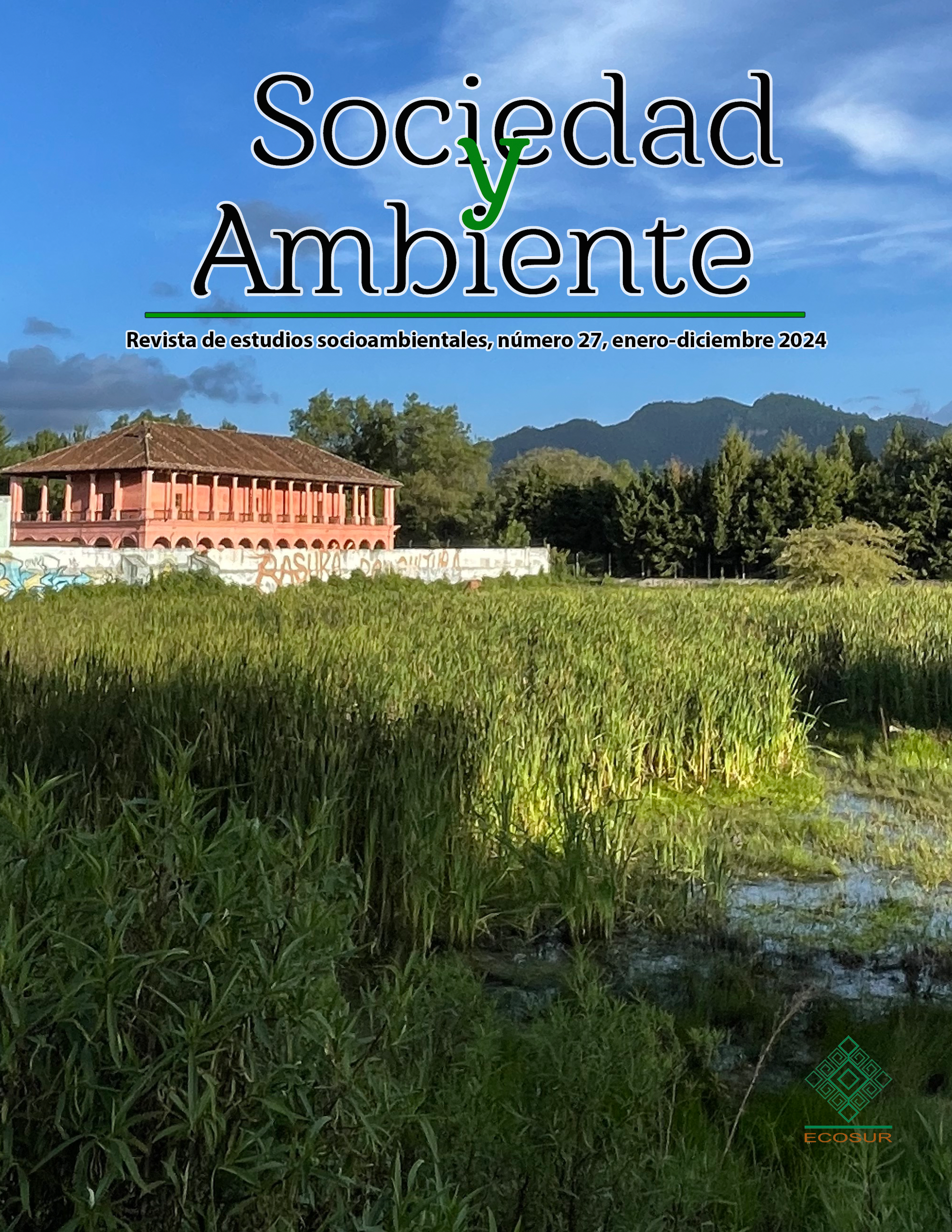Abstract
Allocating flow volumes as water reserves for the environment has resulted from a political process involving multiple actors over a long period. In this article we analyze the evolution of the coalition promoting the Water Policy for the Environment in Mexico (PAA, by its initials in Spanish) by documenting the experience of some key actors. The methodology combines interviews, focus groups, and validation sessions to characterize the stages of the PAA and determine the evolution of beliefs or policy preferences through the degree of Capacity for Joint Action (CAC, by its initials in Spanish) and the diversity of actors within the coalition. Our results show four stages of the PAA and identify the processes, situations, and necessary conditions that built CAC and expanded the network, especially with the academic and research sectors.

This work is licensed under a Creative Commons Attribution-NonCommercial-ShareAlike 4.0 International License.
Copyright (c) 2024 The Authors


